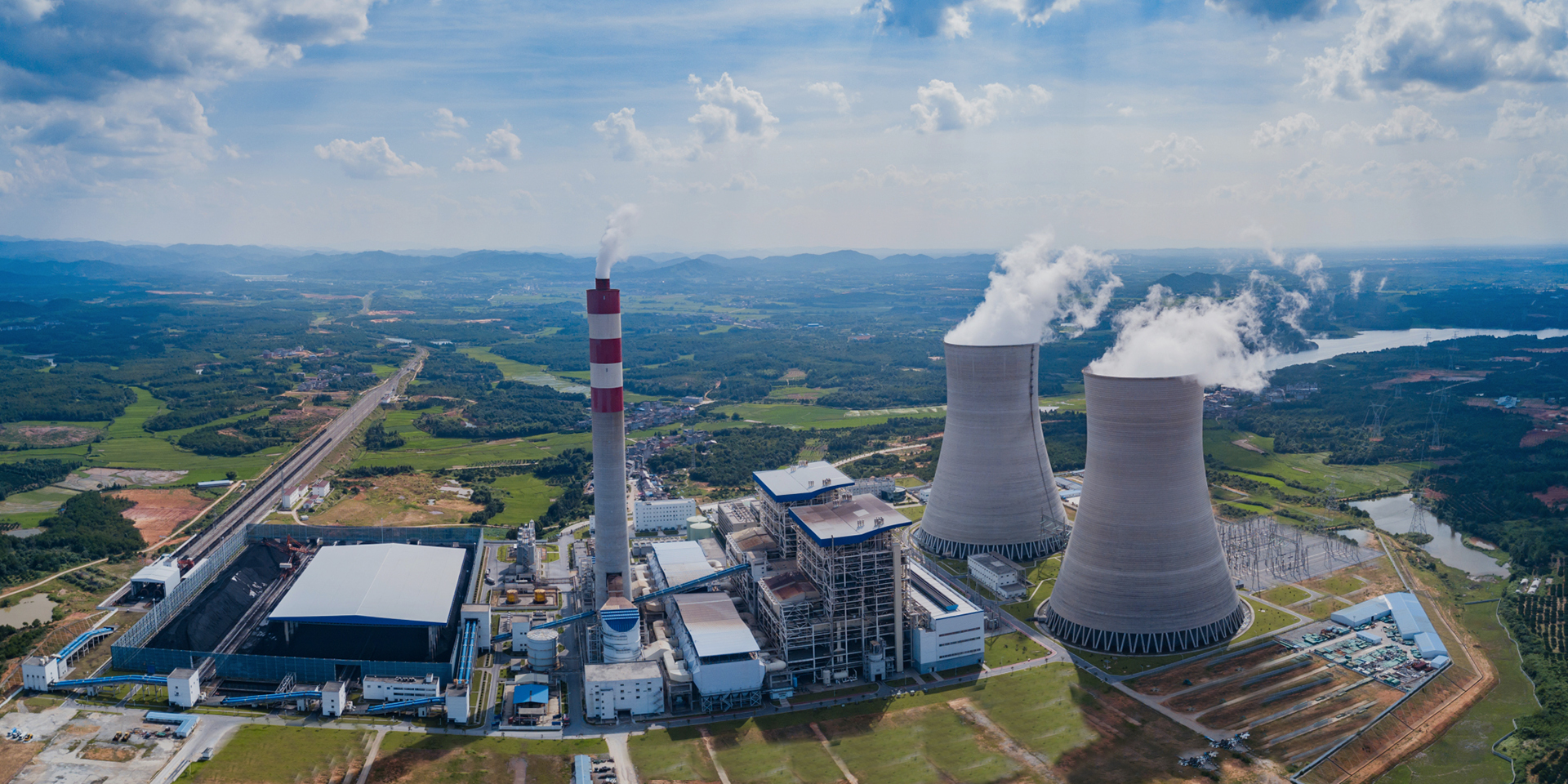
# Boiler Island Energy Optimization for Enhanced Efficiency
## Understanding Boiler Island Energy Optimization
Boiler island energy optimization is a critical process for industrial facilities seeking to maximize efficiency while minimizing fuel consumption and emissions. This approach focuses on the interconnected systems within a boiler plant, treating them as a single optimized unit rather than individual components.
Keyword: boiler island energy optimization
Modern boiler islands typically consist of multiple boilers, feedwater systems, fuel delivery mechanisms, and emission control devices. By optimizing these elements together, plants can achieve significant energy savings while maintaining or even improving operational reliability.
## Key Components of an Optimized Boiler Island
An efficient boiler island optimization strategy addresses several core components:
– Boiler combustion controls
– Feedwater temperature management
– Blowdown heat recovery
– Steam distribution efficiency
– Condensate return systems
– Flue gas heat recovery
Each of these elements plays a vital role in the overall energy performance of the boiler island. When properly synchronized, they create a system where waste heat is minimized and fuel utilization reaches peak efficiency.
## Advanced Optimization Techniques
Modern boiler island optimization employs several sophisticated techniques to enhance performance:
### 1. Predictive Combustion Control
Advanced algorithms analyze real-time operational data to adjust air-fuel ratios dynamically, ensuring optimal combustion efficiency across varying load conditions.
### 2. Integrated Heat Recovery
Comprehensive heat recovery systems capture waste heat from multiple sources including blowdown, flue gases, and steam traps, redirecting this energy to preheat feedwater or other processes.
### 3. Load Balancing Algorithms
Intelligent load distribution systems automatically allocate steam demand across multiple boilers to maintain each unit in its most efficient operating range.
### 4. Adaptive Control Systems
These systems continuously learn from operational patterns and adjust control parameters to maintain peak efficiency as conditions change.
## Benefits of Boiler Island Optimization
Implementing a comprehensive boiler island optimization program delivers multiple benefits:
– Fuel savings of 5-20% depending on current system efficiency
– Reduced greenhouse gas emissions
– Extended equipment lifespan through optimized operation
– Improved steam quality and consistency
– Lower maintenance costs
– Better compliance with environmental regulations
## Implementation Considerations
Successful boiler island optimization requires careful planning and execution:
1. Conduct a thorough energy audit to identify current inefficiencies
2. Prioritize optimization measures based on potential ROI
3. Consider both equipment upgrades and control system improvements
4. Implement changes in phases to minimize operational disruption
5. Train operators on new systems and optimization principles
6. Establish continuous monitoring to maintain optimized performance
## Future Trends in Boiler Island Optimization
The field of boiler island optimization continues to evolve with emerging technologies:
– Artificial intelligence for predictive maintenance and optimization
– Advanced sensors for more precise combustion control
– Integration with renewable energy sources
– Digital twin technology for simulation and optimization
– Blockchain-based energy tracking for improved accountability
By staying current with these developments, industrial facilities can ensure their boiler islands remain at the forefront of energy efficiency and operational excellence.